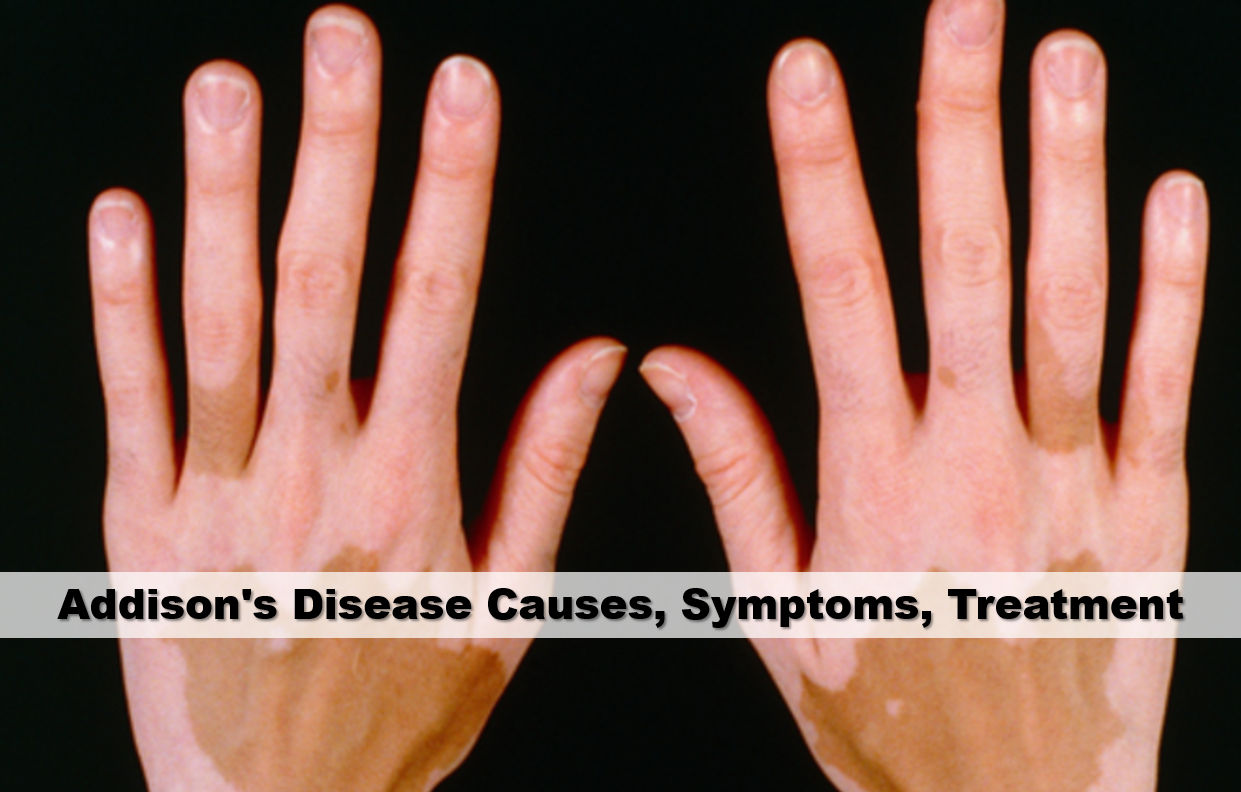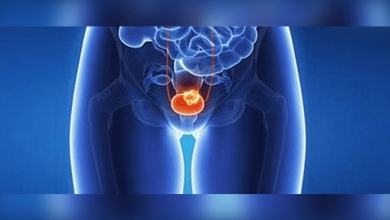Addison’s Disease Causes, Symptoms, and Treatment

What is the most common cause of Addison disease? How is Addison’s disease diagnosed? Addison’s disease, also known as adrenal insufficiency, is a very rare disease caused by the body’s inability to produce certain hormones. In Addison’s disease in one in every 100,000 people, glucocorticoid (cortisol) and mineralocorticoid (aldosterone) hormones are reduced in the blood due to the inadequate secretion of adrenal glands just above the kidneys. Here, we will explain the causes, symptoms, diagnosis, and treatment of Addison’s disease.
What Causes Addison’s Disease?
There are two types of Addison’s disease. They are primary adrenal insufficiency and secondary adrenal insufficiency. Approximately 70% of primary adrenal insufficiency is due to an autoimmune process. Other causes, such as adrenal gland damage, tuberculosis, various bacterial, virus and fungal infections, adrenal hemorrhage, and metastasis of cancer to the adrenal glands may also cause primary adrenal insufficiency. Secondary adrenal insufficiency occurs due to the decrease in pituitary hormone ACTH (adrenocorticotropic hormone) production. Cortisol production is not stimulated in the absence of ACTH due to a pituitary tumor or other cause. Aldosterone production is generally unaffected in secondary adrenal insufficiency.

Symptoms Of Addison’s Disease
The symptoms of Addison’s disease vary according to the hormone. Cortisol is a hormone produced by stress and secreted by the adrenal glands. So the most important task is to help the body respond to stress. It also helps the body regulate protein. It maintains blood pressure and cardiovascular function and controls inflammation. Aldosterone, on the other hand, is a steroid hormone secreted from the outer part of the adrenal glands (cortex), which is effective in the removal of potassium from the kidney and reabsorption of sodium and provides the adjustment of the electrolyte balance in the body. When aldosterone levels severely reduce, the kidneys cannot keep the level of salt and water in balance. So, it causes dehydration and low blood pressure. Addison’s disease symptoms usually develop slowly over several months. The main symptoms of Addison’s disease can be listed as follows;
- Fatigue
- Loss of appetite
- Loss of weight
- Darkening (pigmentation) in the mucous of the mouth and skin and the color of scars, nipples, and genital areas
- Low blood pressure and fainting
- Increased need for salt
- Low blood sugar (hypoglycemia)
- Nausea, diarrhea, or vomiting
- Abdominal pain
- Pain in the muscles or joints
- Frustration
- Depression or other behavioral disorders
- Reduction in sweating

Addison’s Disease Diagnosis
For the diagnosis of Addison’s disease, first of all, the physician listens to the patient’s history and examines the clinical findings. In case of any suspicion, various laboratory tests are performed to determine the occurrence of Addison’s disease and to distinguish between primary and secondary adrenal insufficiencies. Tests to assess the patient’s electrolyte balance, blood glucose level, and renal function are also necessary to determine the cause and treatment of the disease. In some cases, alternative tests such as hypoglycemia induced by insulin, low-dose ACTH stimulation test, long-term ACTH stimulation test, or glucagon stimulation test may also be applied. Radiological scans such as CT (computed tomography) or MRI (magnetic resonance imaging) can also be used to examine the size and shape of the adrenal glands and pituitary.
|Crohn’s Disease Causes, Symptoms, and Treatment|
Addison’s Disease Treatment
For adrenal insufficiency causes the absence of functional hormones for the body, doctors often apply hormone replacement for Addison’s disease treatment. It is done once or twice daily with hydrocortisone tablets, which is a steroid hormone. If necessary, aldosterone can be replaced with a synthetic steroid, fludrocortisone acetate. The amount of medication taken should be increased especially during times of stress, infection, surgery, or injury.





